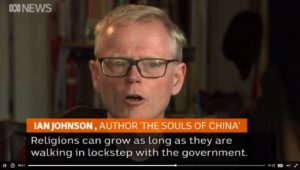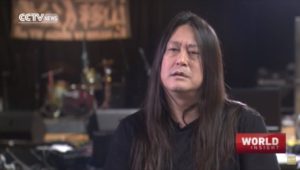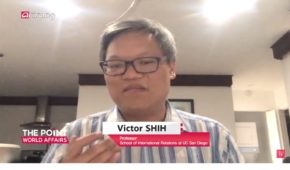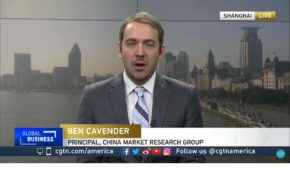 |
| Sara Hsu |
Sara Hsu:
The outlook for local government financials is not positive. So far, over one-third of China's provinces have not met growth targets this year. Many of the provinces experiencing slow growth are those poorer regions that have been left behind. This means that local governments will continue to have relatively low levels of revenue while under a massive debt overhang.
The trade war with the US hasn't helped. Local governments took responsibility for maintaining employment in the face of the trade war by boosting business tax cuts and ramping up infrastructure spending once again. This was funded by the sale of municipal bonds. The scale of municipal bond debt has risen massively from $34 billion in 2017 to $183 billion in 2019. Supply has mounted while demand for municipal debt has declined. It seems likely that state-related entities will be forced to hold municipal debt if market demand is insufficient, but this will only exacerbate the drag on growth.
Short-run challenges may create yet another stumbling block for local governments. Most ominous is the fact that local government municipal debt matures in 2020. This debt load amounts to $283 billion. Circumstances under which local governments took on the debt are not much different from the current situation, meaning that there are few to no sources of new growth. Although the central government has canceled a scheduled decrease in revenue sharing to local governments, the local government fiscal burden is high.
The local government debt burden is likely to persist due to the overall revenue shortfall and high debt loads faced by local governments. Something has to give, whether it is debt repayments, maintaining full employment, or buoying GDP. It may take more than a financial expert to get local governments on the track to fiscal sustainability once and for all.More in the China US Focus.
Sara Hsu is a speaker at the China Speakers Bureau. Do you need her at your meeting or conference? Do get in touch or fill in our speakers' request form.
Are you looking for more financial analysts at the China Speakers Bureau? Do check out this list.

























